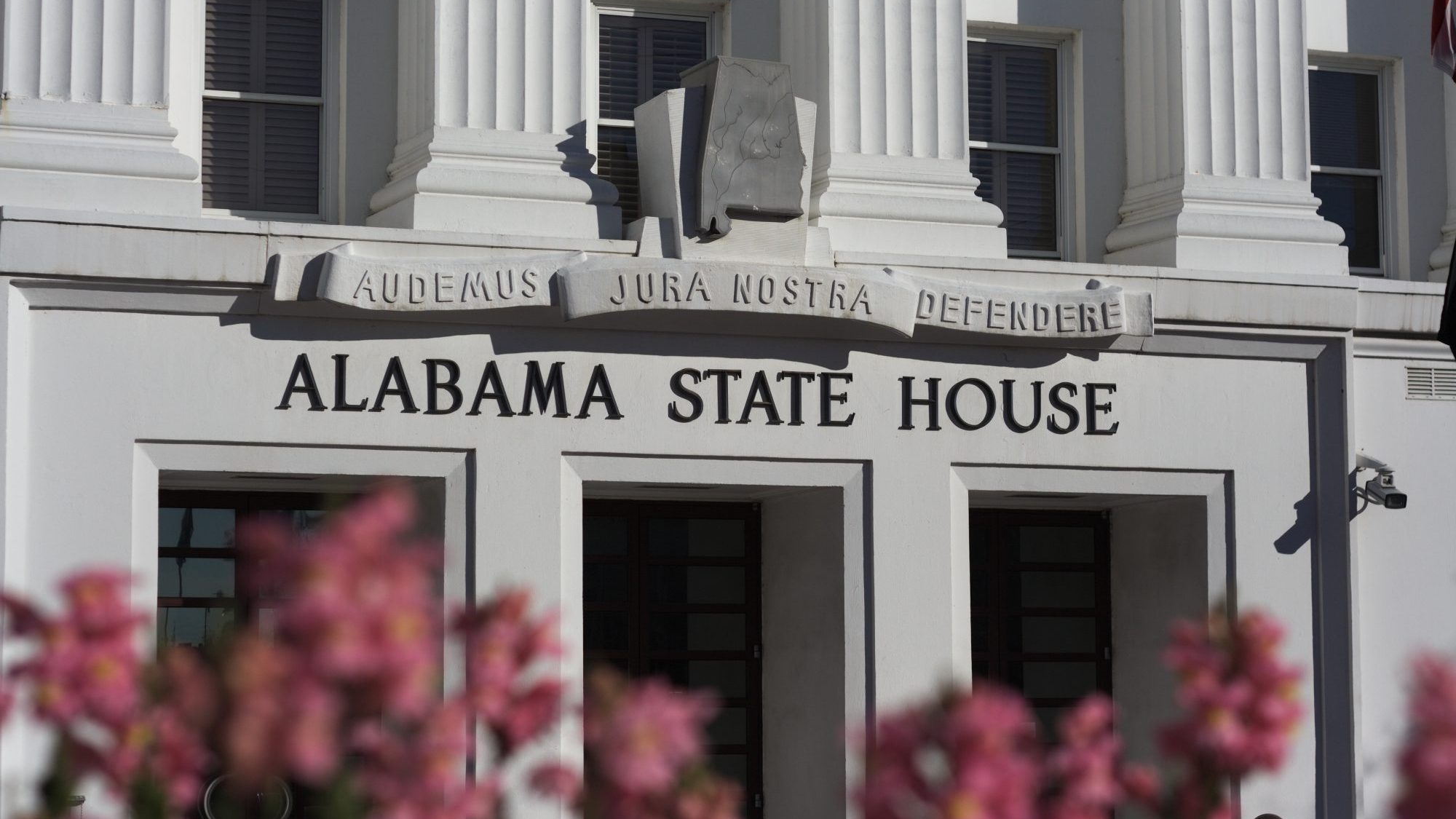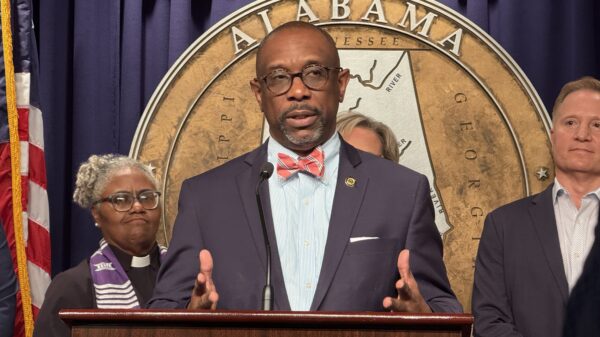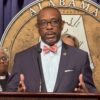By Brandon Moseley
Alabama Political Reporter
Halloween is not here yet, and most people are just beginning their Christmas shopping list. That said, it is time to begin preparing for the 2018 Legislative Session. The 2018 Regular Session of the Alabama Legislature begins early this year so that the members can go out and campaign ahead of the June 5, 2018 major party primaries.
This Session begins on Tuesday, Jan. 9, 2018, and must end no later than Monday, April 23, 2018 at midnight. If both Houses pass both the Education (ETF) and State General Fund budgets, they can leave earlier than that.
The Legislature has not set their spring break yet; though we expect them to take a week off at some point in March.
Legislators have already begun pre-filing bills for the 2018 Session, and now is the time for you, citizens, to begin lobbying your legislators for what you want passed and against the ideas you don’t want to see become law.
There are seventeen House bills that have already been pre-filed. Seven of them sponsored by state Rep. Tommy Hanes, R-Scottsboro, including a controversial plan to bring back the DROP program. DROP allowed state workers and teachers to collect retirement benefits while still employed by the state. The new Republican controlled majority ended the costly benefit as a cost savings measure in the fiscal chaos following the Great Recession. State Rep. Juandalynn Givan, D-Birmingham, has introduced two bills, HB14 and HB15. One repealing the Memorials Preservation Act and the other essentially gutting the Legislation. In 2017, the Legislature passed legislation to protect historic monuments in the wake of the destruction of historic Confederate monuments and memorials by the city of New Orleans. Rep. Steve Clause, R-Ozark, has introduced HB17, which would change the law regarding how U.S. senators are appointed when there is a vacancy, is another highly controversial piece of legislation.
There are already 15 Senate bills that have been pre-filed ahead of the 2018 Alabama Regular Legislative Session. Sen. Shay Shelnutt, R-Trussville, is carrying the Senate version of the effort to revive the DROP program for Tier I and II employees, SB2. Another controversial Senate bill is SB11 by Sen. Dick Brewbaker, R-Montgomery, exempting schools from the Memorials Preservation Act. Sen. Rusty Glover, R-Decatur, whose SB15 is a state constitutional amendment that would take away the people’s right to choose their own legislators in a special election when there is a vacancy if there is less than two years until the next regularly scheduled election. Under Glover’s amendment, the governor would appoint someone to the Alabama House or Senate for the remainder of the unexpired term. Sen. Gerald Allen, R-Tuscaloosa, has introduced another gun bill. His crusade to make Alabama a constitutional carry state passed the Senate in 2017; but died, buried in a subcommittee in the House without coming to the floor. That has been reintroduced as SB3. Sen. Greg Albritton, R-Atmore, whose effort to get the state out of the business of issuing marriage licenses is back; this version is SB13.
To read the introduced versions of pending legislation, go to the Legislature’s website at: Here.
At this point, sources are confident that the improving employment situation will be a boon for the education budget. All state income taxes are earmarked for the Education Trust Fund, and those collections appear to be increasing. In the last several years, higher education has been level-funded as legislators focused more resources on the state’s historically under-performing K-12 system. Will higher education get a boost in state support, or will parents and students have to shoulder an even larger burden in the form of higher tuition?
The General Fund Budget is, again, a problem. Some sources have told the Alabama Political Reporter that the federal court case alleging that Alabama underfunds its prisons could cost the state another $20 to $30 million a year. To actually fully staff the prison with the proper number of guards could cost the state another $80 to $100 million a year. While the improving economy is helping SGF collections, there is like to be another General Fund Budget crisis, and that could get worse if Congress cuts its supports for the Children Health Insurance Program. If that happens, the state would have to pick up a portion of the program, and over 40 percent of Alabama children receive their health insurance through CHIP. Suggestions that all children could lose their insurance is alarmist nonsense; but it is very possible that the state could spread more costs to the families in higher premiums, copays and deductibles. It is difficult to see how the state can find enough revenue to fully fund the other state agencies, while increasing the Alabama Department of Corrections and the insatiable demands of the state Medicaid Agency.
This will be the first budget that Gov. Kay Ivey will have a role in creating, and it will be interesting to see how her budget varies from the ones that former Gov. Robert Bentley (R) submitted.
For two years in a row, the once-powerful Business Council of Alabama has been lobbying for a gas tax increase to pay for a billion dollar bond issue for a bunch of road projects. There could be an effort to resurrect some form of that proposal; but passing any tax increase in a Republican-controlled legislature during an election year seems unlikely.
Gambling expansion appears to be another dead on arrival proposal in 2018. A paper lottery could have, and would have, passed during Gov. Robert Bentley’s special session on gaming; but that effort ended in disaster when Democratic gaming supporters killed the bill that passed out of the House because a paper-only lottery would not benefit any of the gaming magnates who support their campaigns. Republicans won’t pass a lottery bill that opens the door to legalization of some form of electronic bingo, and Democrats won’t pass a lottery bill that does not allow the existing bingo parlors to benefit. There is a sizable portion of GOP legislators who want no gaming expansion of any kind.
As always, APR is your go-to source for all things having to do with Alabama state legislature.



















































